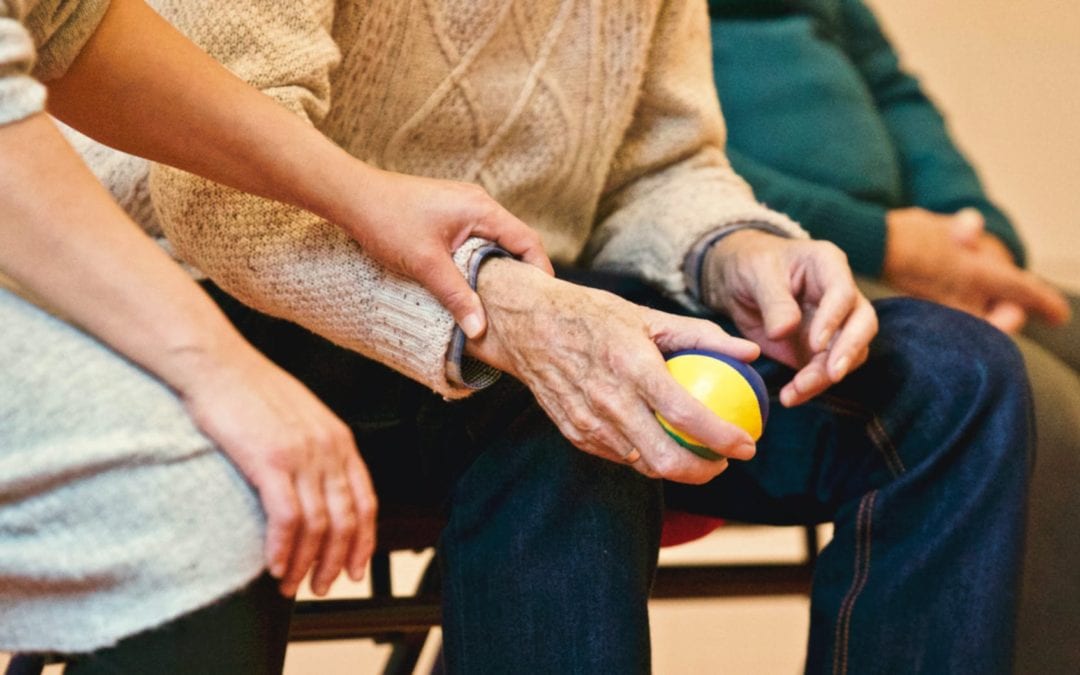There’s no doubt about it — being a caregiver can be stressful. When someone else depends on you for meeting their basic needs, it’s understandable that you’d feel overwhelmed from time to time. With this in mind, we’ve created this ultimate self-care guide. These are our tips on how to manage stress and build resilience as a carer.
Make sure you have time for yourself
If you’re spending lots of your time looking after someone else, you might feel like you have no time for yourself. Still, downtime is important for everyone — so try to build some breaks into your routine.
Of course, being a carer often means that you’re limited in terms of when you’re able to take time off — and really, the role means you’re there to deliver urgent or round the clock care.
If you’re living with someone (such as a family member) that needs daily care but doesn’t require you to be there constantly, we recommend that you schedule regular breaks throughout the week. This will give you a chance to get out and about, fulfil your own needs, and maintain a social life — things that are all crucial for your mental wellbeing.
The benefit of scheduling breaks ahead of time is that you have certain time slots to work towards. This means that you can get organised and meet your loved one’s needs ready for your break, so you’re not panicking about whether they are going to struggle when you’re away for a few hours.
If you’re unable to leave your loved one for a short amount of time, planning ahead will also give you the time to ask another family member or close friend whether they can take over while you’re gone. Hopefully, you’re already splitting caring duties with a few other people, but if you’re not, this is your reminder that it’s a good idea!
Don’t do it alone
This leads to our next point…
Caring can often leave you feeling exhausted and isolated from other people — it’s not something that you should do alone.
If you need time away from your caring responsibilities, but don’t feel like you have anyone else to lean on, some charities can help.
If you’re hoping to get away for a holiday, here are some options for getting help with the cost. Some charities even offer free stays at their residential facilities for carers, individuals with care needs, and families.
If you’re looking for practical advice, have any caring queries, or just want to chat with someone about caring, there are a number of charities that can help. For instance, Citizens Information provides advice and support service. If you’re based in Ireland and an unpaid carer, this is a great place to get information about financial assistance, how to get support, and the services available to you and the person you care for.
If you’d like to join online forums, a quick Google search will find you a few. You can also check social media sites such as Facebook, which will have lots of online groups and communities specifically for carers.
Of course, these resources can be a great help, but you should also reach out to friends and family for support. Nothing beats knowing that your nearest and dearest are with you and there to lend a hand if you need help.
Whether you need to share caring responsibilities with someone else or just need someone to talk to once in a while, your loved ones will be more than happy to do what they can to make your caring responsibilities more manageable.
Identify when the pressure is getting too much
The key to managing stress as a carer is knowing when you’re getting overwhelmed. Carers often have a lot on their plate, and sometimes it gets tough juggling it all!
Burnout can come on suddenly, but most of us can have telltale signs that we are taking on too much. Learn what triggers your feelings of mental and physical overload, and try to take breaks before you exceed your threshold.
There are also ways that you can reduce the pressure you feel over the long term. Lots of people find that staying organised is crucial to feeling calm as a caregiver, so try keeping a daily diary or planner or using an organisation app. You’ll be able to list out the activities or chores you need to remember to do that day. You can even set reminders for things like medication and doctors appointments — so you won’t spend the week worrying that you’ve missed something!
It’s also important to identify when it might be time for a helping hand. For instance, at Caremark, we provide a range of professional care services. Always feel free to contact us for a free consultation about how we can help you better support your loved one.

